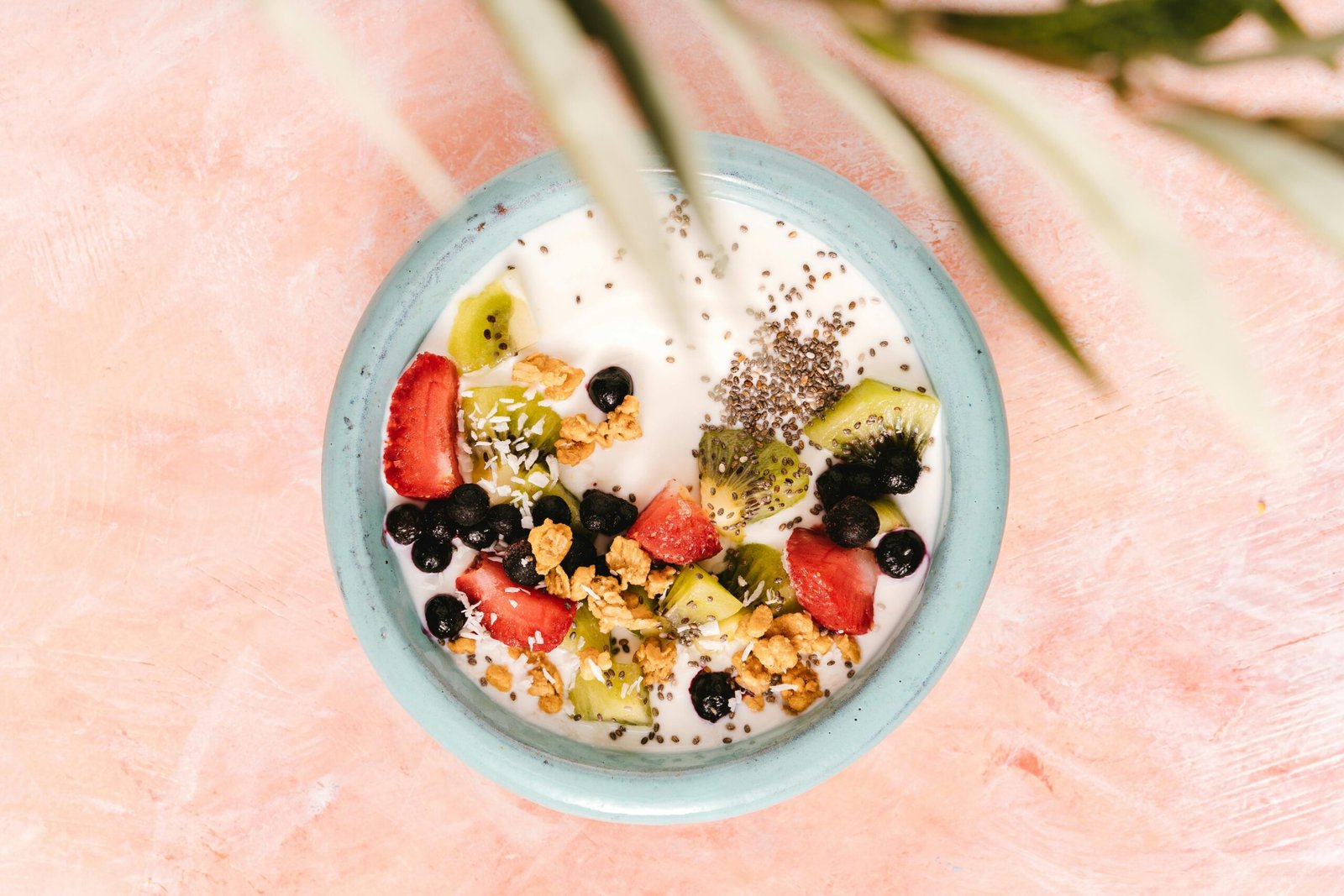How to Boost Your Immune System Naturally
A strong immune system is essential for maintaining overall health and well-being, especially in times of stress, illness, or during cold and flu season. While no single food or supplement can guarantee immunity, certain lifestyle choices and natural remedies can significantly enhance your body’s defenses. In this article, we’ll explore effective strategies to boost your immune system naturally.
1. Eat a Balanced Diet
Nutrition plays a pivotal role in supporting immune health. A diet rich in fruits, vegetables, whole grains, lean proteins, and healthy fats provides the essential vitamins and minerals your body needs to function optimally.
Key Nutrients for Immunity:
- Vitamin C: Found in citrus fruits, berries, bell peppers, and leafy greens, vitamin C is crucial for the immune system. It helps stimulate the production of white blood cells, which are key to fighting infections.
- Vitamin D: This vitamin enhances the pathogen-fighting effects of monocytes and macrophages—white blood cells that are important for immune defense. Sources include fatty fish, fortified foods, and sunlight exposure.
- Zinc: This mineral is vital for immune cell function and development. Good sources include meat, shellfish, legumes, seeds, and nuts.
- Antioxidants: Foods rich in antioxidants, such as berries, nuts, and dark chocolate, help reduce oxidative stress and inflammation in the body.
2. Stay Hydrated
Hydration is often overlooked but is essential for optimal immune function. Water helps to transport nutrients to cells, removes toxins, and supports all bodily functions.
Tips for Staying Hydrated:
- Aim for at least 8 cups (2 liters) of water per day, adjusting for activity level and climate.
- Include herbal teas and broths, which can also contribute to your fluid intake.
- Eat water-rich foods like cucumbers, oranges, and melons.
3. Get Regular Exercise
Regular physical activity is a powerful immune booster. Exercise can help flush bacteria out of the lungs and airways, increase circulation of immune cells, and reduce inflammation.
Benefits of Exercise:
- Moderate exercise: Activities like walking, cycling, and swimming can enhance your immune response.
- Frequency: Aim for at least 150 minutes of moderate aerobic exercise per week, alongside strength training on two or more days.
4. Prioritize Sleep
Quality sleep is critical for a well-functioning immune system. During sleep, your body undergoes processes that repair and regenerate cells, including immune cells.
Tips for Better Sleep:
- Aim for 7-9 hours of quality sleep per night.
- Establish a consistent sleep schedule by going to bed and waking up at the same time each day.
- Create a relaxing bedtime routine and minimize screen time before bed to improve sleep quality.
5. Manage Stress
Chronic stress can negatively impact immune function. Stress hormones, such as cortisol, can suppress the immune response, making you more susceptible to illness.
Stress Management Techniques:
- Mindfulness and Meditation: Practicing mindfulness can reduce stress levels and enhance overall well-being.
- Yoga and Deep Breathing: These practices promote relaxation and help manage stress.
- Engage in Hobbies: Activities that bring you joy can serve as effective stress relievers.
6. Incorporate Immune-Boosting Herbs and Supplements
Certain herbs and supplements have been shown to enhance immune function. While they should not replace a balanced diet or medical treatment, they can be a beneficial addition.
Popular Immune-Boosting Options:
- Echinacea: Often used to prevent colds and flu, echinacea may help reduce the duration and severity of respiratory infections.
- Elderberry: Known for its antiviral properties, elderberry can help reduce symptoms and duration of colds and flu.
- Garlic: This common kitchen ingredient has antimicrobial properties and can enhance immune response.
- Ginger and Turmeric: Both possess anti-inflammatory and antioxidant properties that support immune health.
7. Maintain a Healthy Weight
Obesity can impair immune function, making it important to maintain a healthy weight through balanced nutrition and regular physical activity. Excess weight can lead to chronic inflammation and increase the risk of infections.
8. Limit Alcohol and Avoid Tobacco
Excessive alcohol consumption and smoking can both weaken the immune system. Limiting alcohol intake and avoiding tobacco products can help your body better defend against infections.
Recommendations:
- If you drink alcohol, do so in moderation—up to one drink per day for women and two for men.
- Seek resources and support to quit smoking if you currently use tobacco products.
Conclusion
Boosting your immune system naturally involves a holistic approach that includes a balanced diet, regular exercise, quality sleep, stress management, and healthy lifestyle choices. While these strategies can enhance your body’s defenses, it’s essential to remember that maintaining overall health is a lifelong journey. By adopting these habits, you can support your immune system and improve your well-being, equipping your body to better handle whatever challenges may arise. Always consult with a healthcare professional before making significant changes to your diet or lifestyle, especially if you have underlying health conditions.





